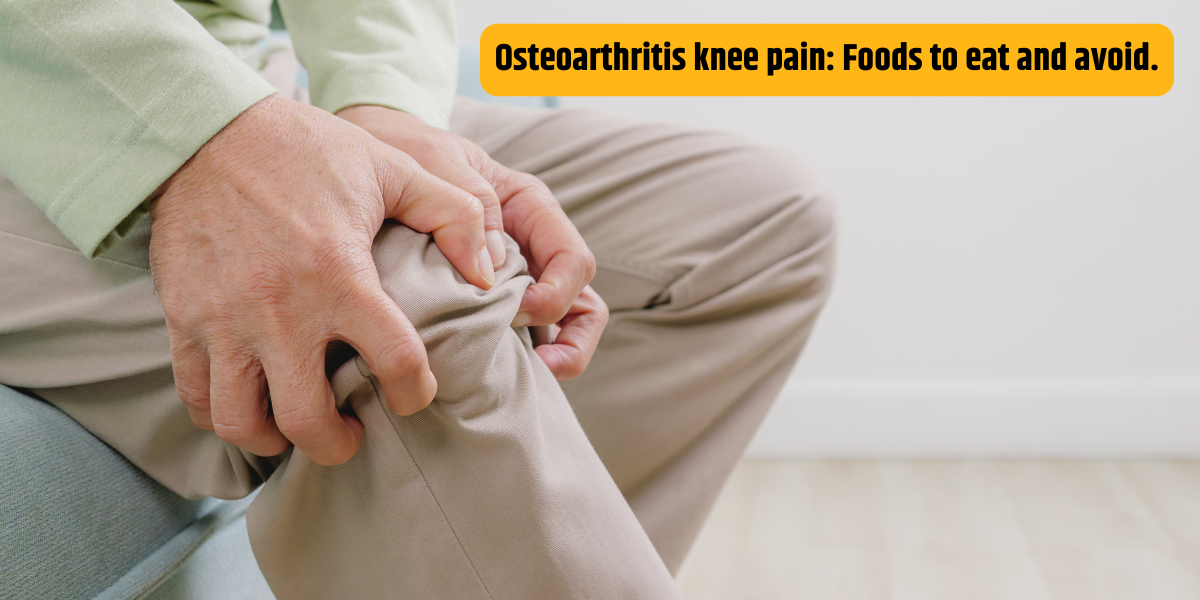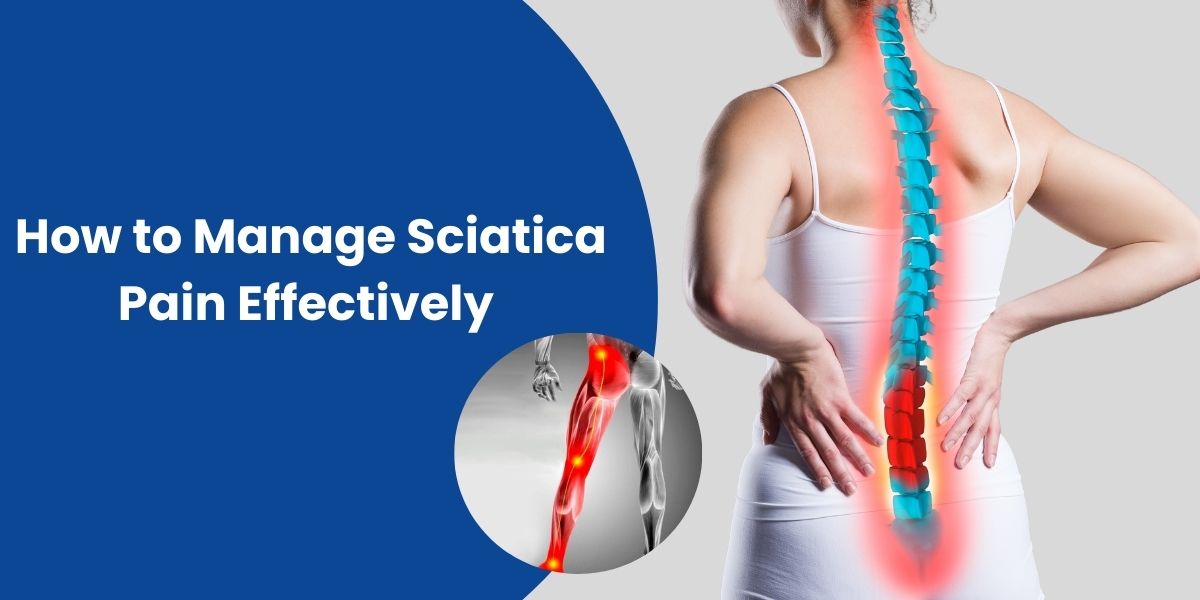Osteoarthritis knee pain: Foods to eat and avoid.
Osteoarthritis in the knee can cause discomfort and stiffness, but managing your diet can help reduce inflammation and support joint health. Dr. Parimal Kore, known for his expertise in knee pain treatment in Magarpatta, often emphasizes the importance of nutrition in managing osteoarthritis symptoms effectively. Below are some common questions people ask about osteoarthritis and how food plays a role.
What are the best foods for osteoarthritis knee pain?
Certain foods can help lower inflammation and improve joint health. These include:
- Fatty Fish: Salmon, mackerel, and sardines are rich in omega-3 fatty acids, which may reduce joint swelling.
- Leafy Greens: Spinach, kale, and broccoli are loaded with antioxidants and vitamins like C and K that support cartilage.
- Nuts and Seeds: Walnuts, flaxseeds, and chia seeds offer healthy fats that promote joint lubrication.
- Fruits: Berries, oranges, and pineapples are high in antioxidants and can reduce inflammation.
- Whole Grains: Brown rice, quinoa, and oats are good sources of fiber and may help lower inflammation.
Are there specific drinks that help with knee osteoarthritis?
Yes, staying hydrated and choosing the right drinks can make a difference:
- Water: Keeps joints hydrated and helps flush toxins.
- Green Tea: Contains anti-inflammatory compounds like catechins.
- Bone Broth: Rich in collagen, which may support cartilage health.
What foods should I avoid if I have osteoarthritis in the knee?
Certain foods can worsen inflammation and knee pain:
- Processed Sugars: Found in desserts, candy, and sodas, these can trigger inflammatory responses.
- Fried Foods: High in unhealthy fats that increase inflammation.
- Refined Carbs: White bread, pasta, and pastries can spike blood sugar and worsen joint pain.
- Red Meat: Contains compounds that may lead to inflammation.
- Salt: Excessive sodium can cause water retention and add stress to joints.
Can weight loss help with knee osteoarthritis?
Yes, maintaining a healthy weight reduces pressure on your knees. Eating more whole foods and less processed snacks can help with weight management, indirectly reducing pain.
Are there any specific supplements for osteoarthritis?
While it’s best to consult with a healthcare provider, some common supplements include:
- Glucosamine and Chondroitin: May support cartilage.
- Vitamin D: Important for bone health.
- Omega-3 Fatty Acids: Found in fish oil, may lower inflammation.
How can I plan meals for osteoarthritis?
Focus on balanced meals with plenty of vegetables, lean proteins, and healthy fats. For example:
- Breakfast: Oatmeal topped with berries and flaxseeds.
- Lunch: Grilled salmon with a side of spinach salad.
- Dinner: Quinoa bowl with roasted vegetables and chickpeas.
- Snacks: Handful of walnuts or a piece of fruit.
Does diet alone cure osteoarthritis?
Diet cannot cure osteoarthritis, but it can help manage symptoms and improve overall joint health. Combining a good diet with regular physical activity and other treatments, such as the options offered by Dr. Parimal Kore for knee pain treatment in Magarpatta, can make a noticeable difference.
Eating the right foods and avoiding the wrong ones is a simple and effective way to manage osteoarthritis knee pain. Dr. Parimal Kore emphasizes that with the right approach, including proper diet and professional guidance, residents of Magarpatta can experience significant relief from knee pain.





